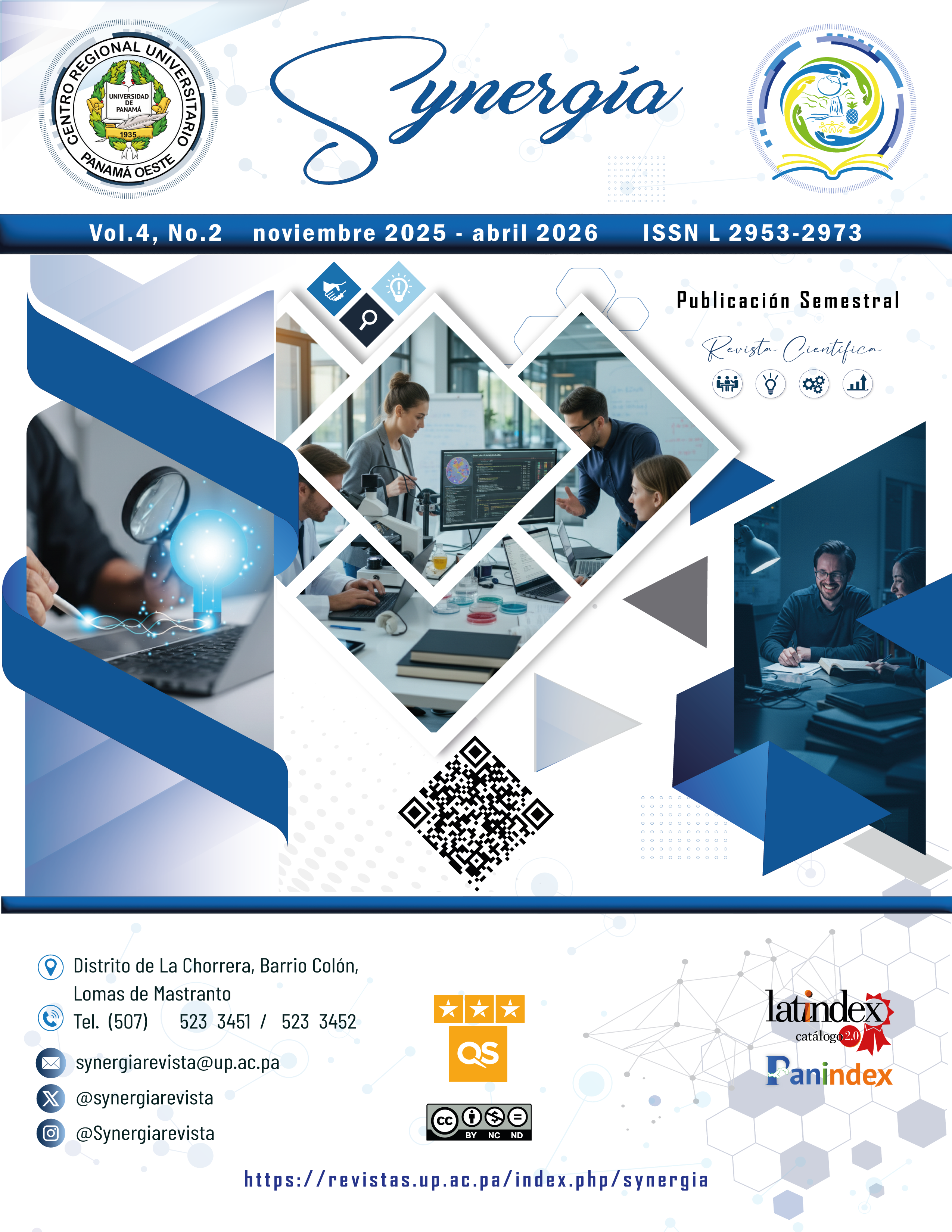

Copyright (c) 2025 Synergía

This work is licensed under a Creative Commons Attribution-NonCommercial-ShareAlike 4.0 International License.
This article presents an integrative literature review focused on the perception of teachers and students on the implementation of the flipped classroom model in mathematics education in Central American countries: Panama, Costa Rica, Guatemala, Honduras, El Salvador and Nicaragua during the period between 2019 and 2024. The search was performed exclusively in Google Scholar, using key terms related to inverted classroom and perception in mathematics education, this review resulted in 33 articles found, of which 16 were discarded for not meeting the established selection criteria, which led to the reading of 17 articles of which once read, 14 were discarded for lack of specific information resulting in the inclusion of three articles in this study. The finding indicates that the inverted classroom represents an innovative pedagogical strategy with the potential to improve mathematics teaching in the region. However, its success depends on overcoming challenges associated with teacher training, technological infrastructure and curricular adaptation. It is concluded that it is essential to support educators with adequate training and resources, as well as to consider the particularities of the student body, to achieve an inclusive and effective implementation of the model in Latin American contexts.